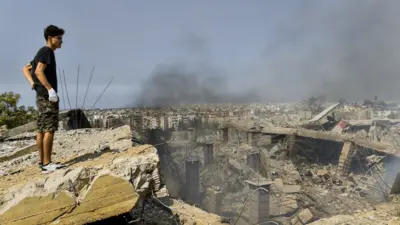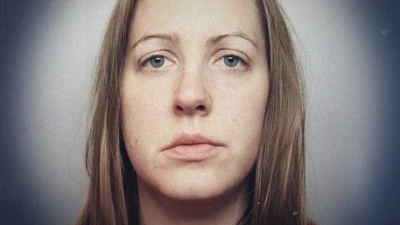We've updated our Privacy and Cookies Policy
We've made some important changes to our Privacy and Cookies Policy and we want you to know what this means for you and your data.
Restorative justice hailed 'success' in Cambridgeshire
The use of restorative justice for minor offenders has been hailed "a success" by Cambridgeshire Police.
About 800 officers have been trained to hand out on-the-spot punishments to keep first-time offenders out of the criminal justice system.
Restorative justice has been used in the county since the beginning of 2011 and to date 190 offenders have been dealt with through the system.
The system is only employed if the victim of the crime agrees to its use.
The alternative to traditional processes of arrest and punishment is based on three principles.
Insp Dominic Human said: "You have to acknowledge that what you've done is wrong, you do some reparation to put it right, and you reintegrate into society.
"So you move on very quickly, accepting that you've been given a once-in-a-lifetime opportunity not to become a criminal.
"On many occasions it's simply that a victim just wants an apology, and restorative justice allows that to happen."
'Same outcome'
Trained officers ask victims of minor crimes to suggest appropriate punishments, and then determine whether that particular solution is fair.
"We're not judge and jury at all," said Insp Human. "We are simply facilitating an opportunity for someone to immediately say: 'I've done something wrong and I want to put it right'."
As part of the restorative project, youth offenders who caused criminal damage to a window agreed to clean all the windows on the house.
A 16-year-old shoplifter who stole goods to the value of Β£3 had to clean 100 shopping baskets and a 12-year-old who caused Β£75 worth of damage to a car had to send a written apology, and the parents paid for damage.
Insp Human said that the system saved "a massive amount of time" when compared to arrest and punishment through the courts.
"We can get the same outcome, in a very short time, at the scene.
"The motive for introducing restorative justice is because it's about doing the right thing for the victim.
"In the cases so far, we've saved over 1,000 operational policing hours which we can then use to concentrate on other important issues within the community."
Cambridgeshire Constabulary intends to train all officers in the use of restorative justice methods in the future.
Top Stories
More to explore
Most read
Content is not available








